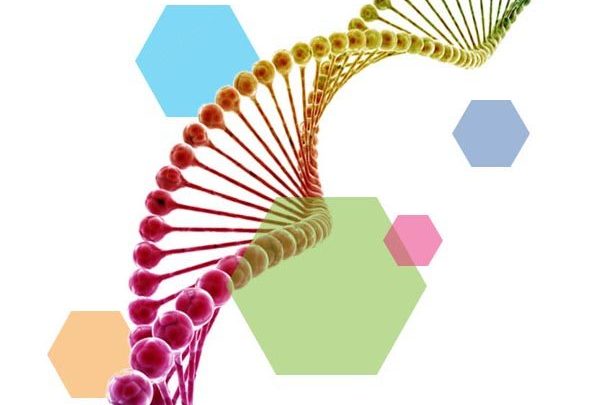The clinical features of GSD7 are similar to those of GSD5 with onset of more severe fatigue and muscle pain early in exercise. Symptoms are evident in childhood.
GSD7 is caused by a deficiency of the phosphofructokinase enzyme which is needed to facilitate the breakdown of glucose into energy in muscle during exercise.
The body breaks down muscle (rhabdomyolysis) when trying to attain energy, which causes symptoms such as muscle pain, cramping, fatigue and tenderness. The red protein myoglobin is released and red-brown urine may be seen.
Diagnosis is by muscle biopsy, which will show a deficiency of muscle phosphofructokinase and a modest accumulation of glycogen. Patients may also display a hemolytic anemia. Treatment primarily consists of avoiding strenuous exercise. Some patients have been helped by a high protein diet. The enzyme deficiency is due to abnormalities in the muscle phosphofructokinase gene and is inherited as an autosomal recessive genetic disorder.

| Other names |
Muscle phosphofructokinase deficiency, GSD type VII |
| Affected | Skeletal muscle |
| Inheritance | Autosomal recessive |
| Incidence | Approx. 1 in 1,000,000 |
| UK diagnosed | Under 20 (UK diagnosed explained) |
| Symptoms |
Muscle pain and fatigue on everyday activity and exercise. Fixed contractures with rhabdomyolysis. |
| Secondary symptoms |
Risk of acute renal failure. |
| Treatment |
No specific treatment. Maintain healthy diet, control weight, take regular gentle aerobic exercise. |
| Outlook |
Good with gentle aerobic exercise and only very brief anaerobic activity. |
How can we help?
Diagnosis & Follow up
Getting diagnosed, Specialist clinic
Information & Support
Coordinator, Emergency cards, Social media, Links.
Activity & Exercise
Importance of activity, Video of walking course.
Research & Development
Research agenda, Research links.
Read some personal stories
Do you have an interesting personal story to tell? Just message us or visit the Notes for contributors.
All GSDs pulling together makes us all stronger.



